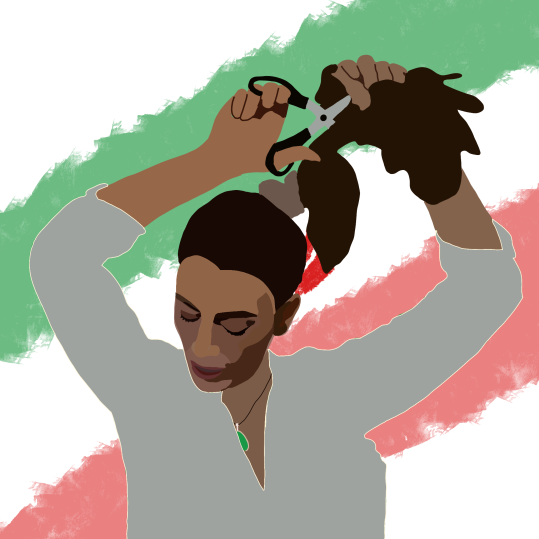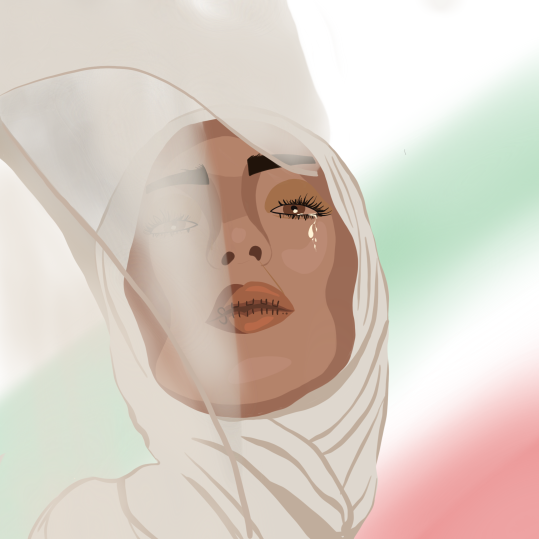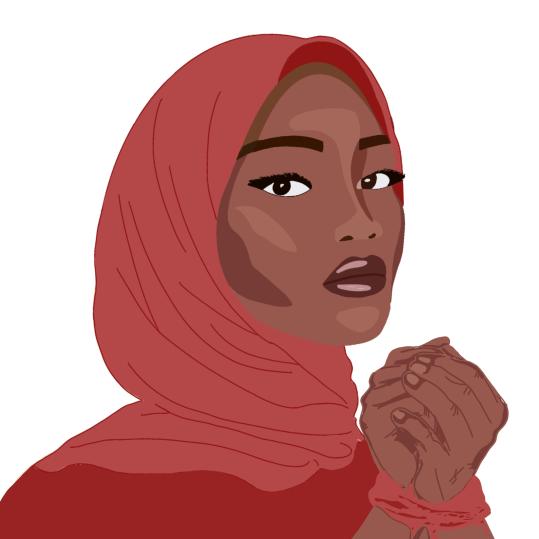The recent event of Mahsa Amini has left room for debate of what takes precedence nationwide: religion or human rights. Religion is a system of attitudes, beliefs, and practices (Marriam-Webster), and its priority in government affairs has been debated for thousands of years. While some believe that faith is more important than the fundamental human rights that belong to all persons (Marriam-Webster), others disagree. Countries like the United States place individual rights before religious practices, while others, like Iran, integrate faith into their laws and daily practices.
The United States has been a secular country since its independence, meaning that religion is not a considered factor when passing laws or verdicts in court. An individual’s faith may not impact any decision at the legal level and may not be the cause of any discrimination. In the United States, the government remains unbiased in all of its legal and political decisions, protecting people’s rights over religion regardless of one’s belief. For example, according to Title VII of the Civil Rights Act of 1964, employers may not consider religion when hiring, firing, or making any other decisions in the workplace. It also states that employers must accommodate employees’ religious beliefs and practices, which protects people’s right of freedom of religion (United States Department of Labor). Overall, the United States prioritizes human rights over religion.
Contrary to the United States, religion often outweighs human rights in Iran. Since its establishment, Iran has been an Islamic country. Government officials take Islamic doctrines into account with every decision they make, incorporating religion into the laws. A 2021 Report on International Religious Freedom states that Iran has been a “Country of Particular Concern” (U.S. Department of State) since 1999 for violating the International Freedom Act of 1998, by suppressing other minority religious groups. In fact, the Iranian government does not tolerate the practice of any religion other than Islam, and strictly enforces rules set by the Quran - define Quran (U.S. Department of State). The recent death of Mahsa Amini reflects the severe consequences for those who violate Islamic law, further emphasizes the importance of Islam in the Iranian government. Women who improperly wear their hijab face serious penalties, and the government often disregards opposition to the dress code. In Iran, religion, specifically Islam, greatly overshadows human rights.
The importance of religion and human rights varies from countries , with some like the United States that encourage the free practice of one’s faith and some like Iran that strictly enforce rules based on a certain religion. This debate puts in perspective the priorities of a country and leaves one wondering how far a country will go to govern its people based on that priority.
Sources:
“Religious Discrimination and Accommodation in the Federal Workplace.” United States Department of Labor, https://www.dol.gov/agencies/oasam/civil-rights-center/internal/policies/religious-discrimination-accommodation#:~:text=Title%20VII%20of%20the%20Civil,terms%20and%20co. Accessed 17 Nov. 2022. “Iran - United States Department of State.” U.S. Department of State, U.S. Department of State, 2 June 2022, https://www.state.gov/reports/2021-report-on-international-religious-freedom /iran/#:~:text=Since%201999%2C%20Iran%20has%20been,redesignated%20Iran%20as%20a%20CPC Accessed 17 Nov. 2022. “Religion.” Merriam-Webster.com Dictionary, Merriam-Webster, https://www.merriam-webster.com/dictionary/religion. Accessed 17 Nov. 2022. “Human rights.” Merriam-Webster.com Dictionary, Merriam-Webster, https://www.merriam-webster.com/dictionary/religion. Accessed 17 Nov. 2022.
Written by Joyce Rizko
Art by Maddie Chao

 Protests in Iran
Protests in Iran